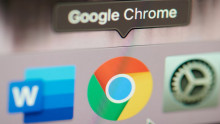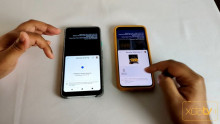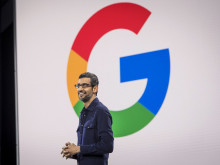Google Patches Chrome Flaw That Earned Hackers $42,500 at Pwn2Own
Google on Tuesday announced a new Chrome update that resolves another zero-day vulnerability demonstrated at the Pwn2Own hacking contest in March.
Tracked as CVE-2024-3159, the high-severity bug is described as an out-of-bounds memory access issue in the V8 JavaScript and WebAssembly engine. The flaw was exploited at Pwn2Own Vancouver 2024 by Edouard Bochin and Tao Yan from Palo Alto Networks, who received a $42,500 bug bounty reward for their finding.










































































